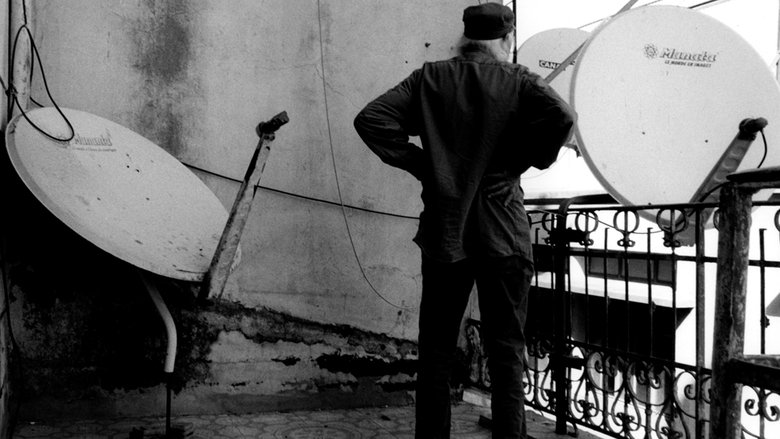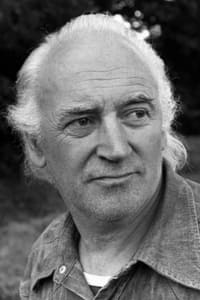Algérie Tours Détours
Genres
Documentary
OverView
A documentary road movie with René Vautier In the aftermath of Algeria's independence, René Vautier, a militant filmmaker, considered "the dad" of Algerian cinema, set up the cine-pops. We recreate with him the device of itinerant projections and we travel the country in ciné-bus (Algiers, Béjaïa, Tizi Ouzou, Tébessa) to hear the voices of the spectators on the political situation, youth and living conditions of men and Of women today.
Others
Budget
$--
Revenue
$--
Status
Released
Original Language
French
Runtime
114 mins
Rating
10/10
Release Date
11 November 2007
Country
Algeria


